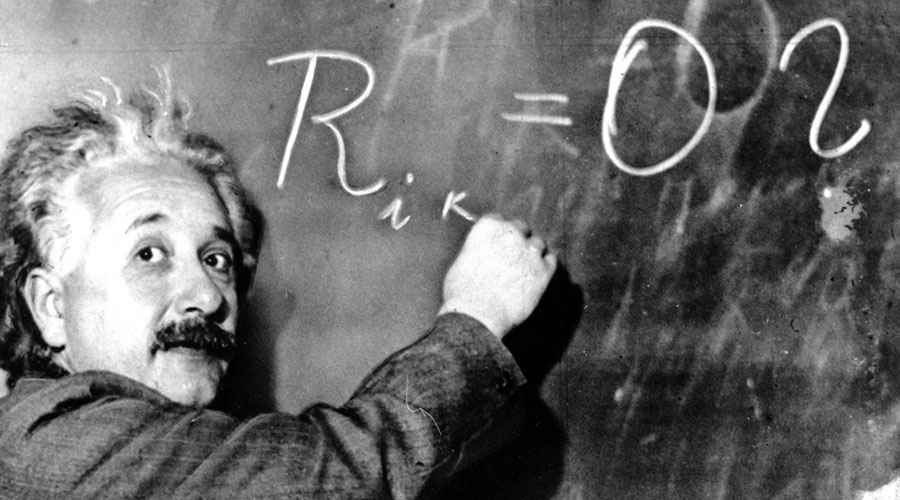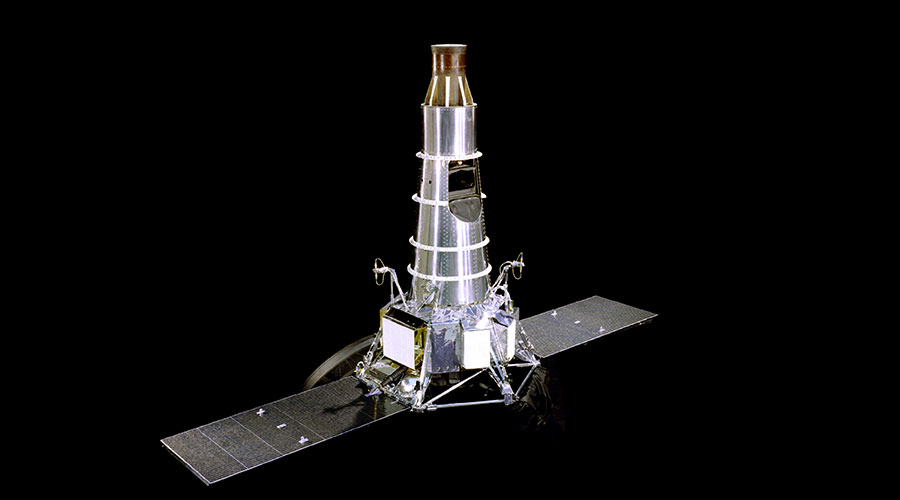BOOK OF THE WEEK
- 13 Jan - 19 Jan, 2024

German socialists Clara Zetkin and Luise Zietz initiated the observance, which has now become an annual global celebratory event.

The revolutionary theory describes the interdependency of matter on one hand and space and time on the other. It is one of the most influential theories in Physics.

The first edition was only limited to some cities in the United States. Today, the International Earth Day is observed by about one billion people around the world.

The American athlete won the 1997 World Figure Skating Champion-ships in Lausanne, Switzerland at the age of just 14 years and 10 months.

The league featuring teams from England and Wales was the world's oldest Association Football League. In 1992, its top 22 teams formed the Premier League.

The U.S. space probe broadcast live pictures back to the Earth, enabling the television viewers to follow its approach towards the Moon and then witness its controlled crash.

Today, Wikipedia is the world's most well-known and widely used wiki. The WikiWikiWeb is the first user-editable website. It was launched by Ward Cunningham to accompany the Portland Pattern Repository website discussing software design patterns.
COMMENTS